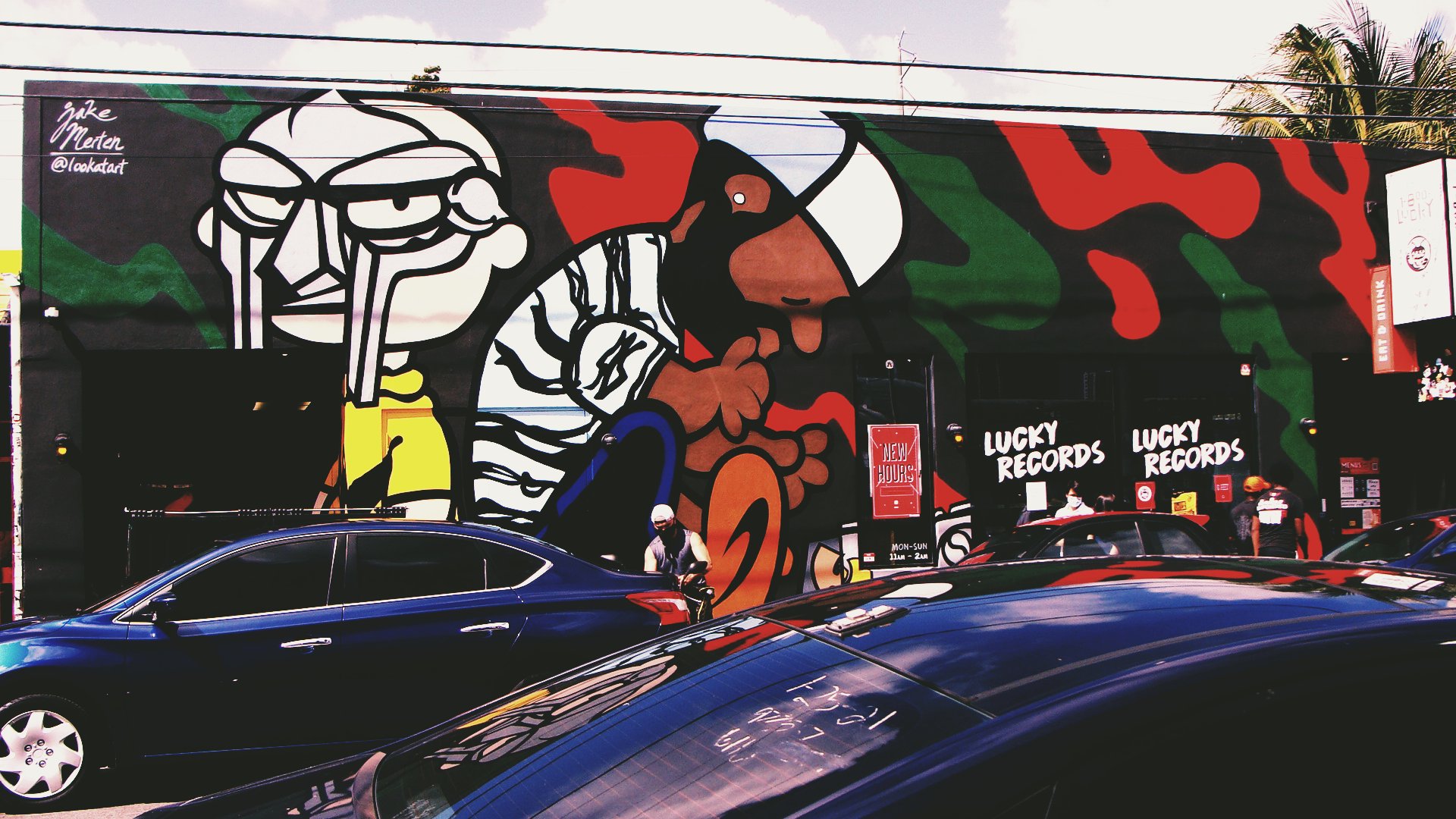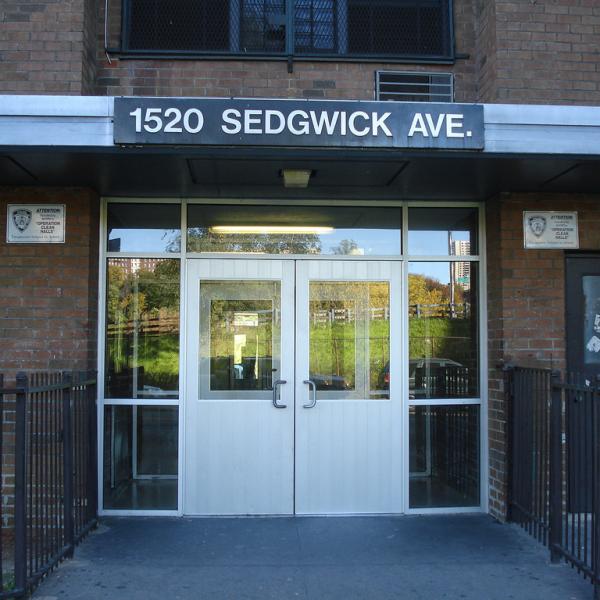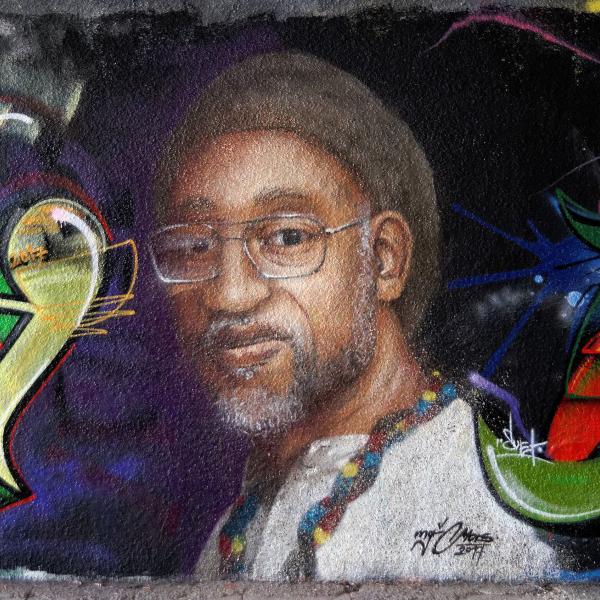Once thought of as a fleeting local fad set against the backdrop of New York’s decaying 1970s cityscape, Hip-hop has since grown into a global phenomenon. After strong-arming a place at the center of American popular culture, Hip-hop quickly found an international resonance that allowed it to be adapted and (re)mixed around the world.
This two-semester course, 50 Years of Hip-Hop, offers a cultural history of Hip-hop music in America. It begins in Hip-hop’s earliest days when a small number of local DJs borrowed from transnational music technologies to provide the soundscape for park jams in the South Bronx. It then traces, the subsequent emergence of graffiti artists, breakers and b-boys, and the eventual rise of the MC as the central, iconic figure of the genre. Taking students on a trip through the music, the course will scrutinize lyrics, interrogate the art of beat-making, and highlight important cultural turns in the music’s history. We will examine the contours of key representative careers, canonical albums, pivotal debates, and unpack the histories of key institutions (including, important nightclubs, sound studios, record labels, and radio stations). In addition, we will also discuss Hip-hop’s influence on fashion, sports and other sectors of the global economy.
Over the course of the semester students will engage with a wide array of traditional and multimedia sources, including articles, books, interviews, magazines, music (individual songs & full albums), films, music videos, lyrics, and photography. By the end of the course students will walk away with a working knowledge of the shifting sound, vocabulary and aesthetics of Hip-hop music as it has developed across America. In addition, students will also gain valuable historical insights into the ways Hip-hop has shaped, challenged and transformed America’s racial, cultural and political landscapes over the course of the last 50 years.




